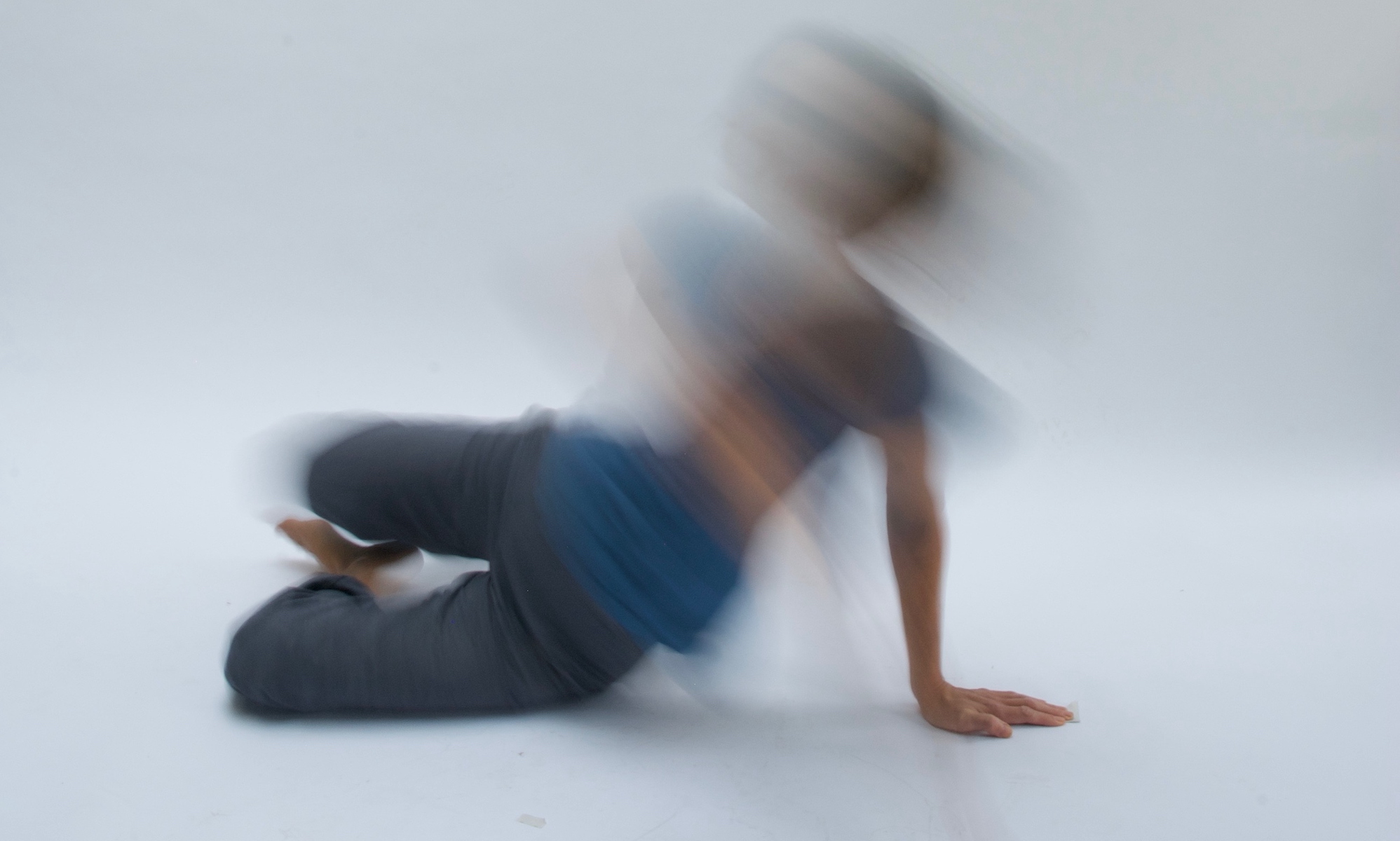I am often asked about Feldenkrais for voice: does it help? Yes of course. That’s the short answer. It tends to be actors who ask but also singers, teachers, public speakers and recently a trainee priest but it could be anyone: we all use our voices. I am not a voice coach as such, but I have worked in voice departments and done sessions for voice teachers and for singers of many kinds (including opera) and of course – actors. Kristin Linklater who wrote the book ‘The Natural Voice’ is perhaps the best known voice coach to admire, use and write about Feldenkrais, and there are Feldenkrais teachers in this country (like Maggy Burrowes) who make voice their speciality. I can only write about the way I use Feldenkrais in relation to voice.
The thing is you can do almost any Feldenkrais lesson and it is likely to improve your voice. And that’s because anything you do that lowers the level of unnecessary tension you use in the ways you move and behave is going to enable your breath and very probably improve other aspects too. Your voice is not a separate thing from the rest of you. Sure there are mysterious and strange looking structures called vocal folds – and voice coaches like Estille have turned what you do with the larynx, jaw, mouth cavity and tongue into a sophisticated art (or science) and all of it is relevant, interesting and extremely useful – but getting back to basics: the simple act of learning to be upright and do things in easier ways that involve less tension makes an enormous difference. The muscles that you breathe with are also muscles you use to stand and move with. How you use your arms, how you support yourself, what you do to lift one foot – all these things affect your breath and the availability of your breath. They may also affect the tension in the neck and the anti gravity muscles of the jaw and many other places if they are recruited to try to help keep you upright or to’ hold you together’ because other ways are not working so well or you system in some way doesn’t feel they are.
It can’t all just be about standing up straight either. Not for actors anyway. Yes developing an unimpeded channel for the breath and good support by learning to keep a long neck and an upright spine is helpful – of course it is – and that may sort it for a teacher or for public speaking – but how do you find that if you are an actor playing a character who simply doesn’t stand up straight or you are singing from a position that just isn’t helpful in that way? In the end if you only have one position or a limited range in which you can find ease and a connected voice its not always going to work for you. As an ex-actor I know its true and I don’t think I am saying anything very radical.
The great thing about Feldenkrais, I found, is that it doesn’t rely on one position or one set of rules. The basis behind it is exploration and finding MORE than one way to do everything. There are great tools in it for enabling you to stand up and move with less tension by teaching your system to notice the support of the ground and the skeleton and to find simpler more efficient movement. There are great lessons to enable the breath in many different ways and positions so guess what? You can breathe and use your voice when you slump if you can slump really well and if your system is flexible enough to find a good option for your breath: if you can’t use your front for the breath because it is all squashed up – well hey, you have your back and sides. If your neck is shortened in one place, well it can be long in another if your system knows how.
And then of course when you get to the detail of the actual vocal apparatus there are wonderful detailed Feldenkrais lesson for jaw, tongue, mouth cavity, face – and eyes. Ever thought of your eyes as relevant to your voice? Well they are relevant to the functional use of your spine – especially your neck – after all when you look to the right you tend to automatically turn your head to the right, and at the same time the muscles of the spine prepare for turning and moving to the right. Try taking your eyes to the left and head to the right for example. Its perfectly possible but it is unusual, often takes a while to find it and it limits the movement of your head. but after you have tried it a few times and then go back to looking and turning your head ot the right you may find it has changed a little. because you have played with and broken up the pattern you habitually use. And then from there you can notice taking your eyes to the right has an effect on your jaw…. and of course your tongue has an effect on your jaw and so on. So using Feldenkrais you can play with and vary/improve all those relationships between the jaw, eyes, tongue and movement of the head that can have a considerable effect on the freedom of all those places and so on the quality of your voice. And in a more general way it is this constant observing of, piecing together, taking apart, playing with and varying the relationships of all our different parts rather than making rules about what they should do that the strength of this method lies.

